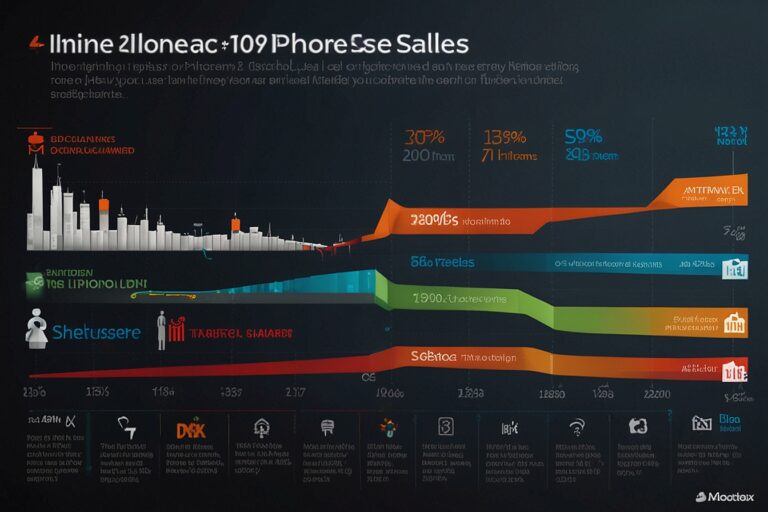
TL;DR
- Birk Jernström, founder of Tictail, launches Polar, a monetization platform for AI-first, one-person startups.
- Accel led a $10M seed round, with angel support from Shopify’s leadership.
- Polar enables developers to sell globally with minimal code, acting as a Merchant of Record.
- Since its launch in September 2024, it has attracted 18,000+ customers, largely solo developers.
- Polar targets a new generation of indie AI founders empowered by platforms like Supabase and Vercel.
From Shopify to Solo Founders: Jernström’s New Mission
Following the acquisition of his previous startup Tictail by Shopify, Birk Jernström has returned to the founder’s seat with a fresh goal: support the rise of “one-person unicorns” made possible by AI.
His new venture, Polar, is a monetization infrastructure platform for developers. Polar handles taxes, compliance, and billing across global markets from day one—eliminating major friction for solo AI developers.
“How do we empower more entrepreneurship of developers that can actually build and follow their own passions and ship software independently?” Jernström asked in a recent TechCrunch interview.
Investors Back the Solo AI Builder Trend
Polar recently closed a $10 million seed round, led by Accel. Investor Andrei Brasoveanu said the platform caters to “a new generation of AI-native, early-stage businesses” that seek fast and distraction-free growth.
Angel backers include Shopify CEO Tobias Lütke and President Harley Finkelstein, who believe in Polar’s potential and Jernström’s ability to recreate Shopify-level impact in the solo dev space.
AI-First Indie Business Metrics (2024–2025)
| Metric/Trend | Value | Source |
| Avg. time to $1M ARR (AI solo startups) | 7–10 months | Latka SaaS Database |
| Dev-first monetization tools launched (2024) | 30+ | OpenVC 2024 Report |
| Polar customers since Sept 2024 | 18,000+ | TechCrunch |
| Solo SaaS Infrastructure TAM (2025) | $12 billion | BVP Cloud Report |
Polar vs Stripe: Built for Developers, Not Ops Teams
Where platforms like Stripe provide extensive APIs, they often come with a steep learning curve for indie hackers. Polar’s lightweight SDK integrates with just a few lines of code and makes the platform the legal merchant of record, simplifying legal and tax complexities.
This setup allows developers to sell digital products or SaaS subscriptions globally without worrying about VAT or sales tax compliance.
Polar already integrates with tools favored by solo developers:
“We’re seeing this huge surge of solo AI developers who don’t want to waste time on business overhead,” said Brasoveanu. “Polar solves that pain point.”
Founder’s Obsession With Product and People
At Shopify, Jernström worked on the Shop app and the Shop Pay ecosystem. At Polar, he still personally answers 50–60 support tickets a day, often from solo builders deploying their first monetization stack.
This “customer-obsessed” approach helped Polar gain early traction among indie developers who care as much about support as they do product reliability.
“I know every single customer we work with,” he told TechCrunch. “It’s a bit crazy, but I just love understanding their journey.”
AI Has Made Billion-Dollar Solo Companies Plausible
Even Sam Altman has said there’s now a “betting pool” among tech executives on when we’ll see the first billion-dollar one-person company. The conditions are finally in place:
- Open-source AI frameworks
- Scalable cloud infra via tools like Vercel
- Global billing tools like Polar
- Distribution channels like X, Discord, and GitHub
The result? Developers can launch, scale, and monetize solo with fewer trade-offs than ever before.
“The combination of AI and monetization infra is changing what it means to be a founder,” Jernström noted.
Looking Ahead: Polar’s Role in the Indie Dev Future
Now that Polar has scaled to 18,000 users and completed its seed round, the company is focusing on enhancing features like analytics, recurring billing, and multi-currency support. It’s also looking to deepen integrations with tools like Vercel and Nuxt, keeping infrastructure minimal and performance high.
More than anything, Polar wants to be invisible—allowing founders to focus on building software, not managing payments or regulatory risks.
“If we’re doing our job right,” Jernström said, “you’ll never even notice us.”




